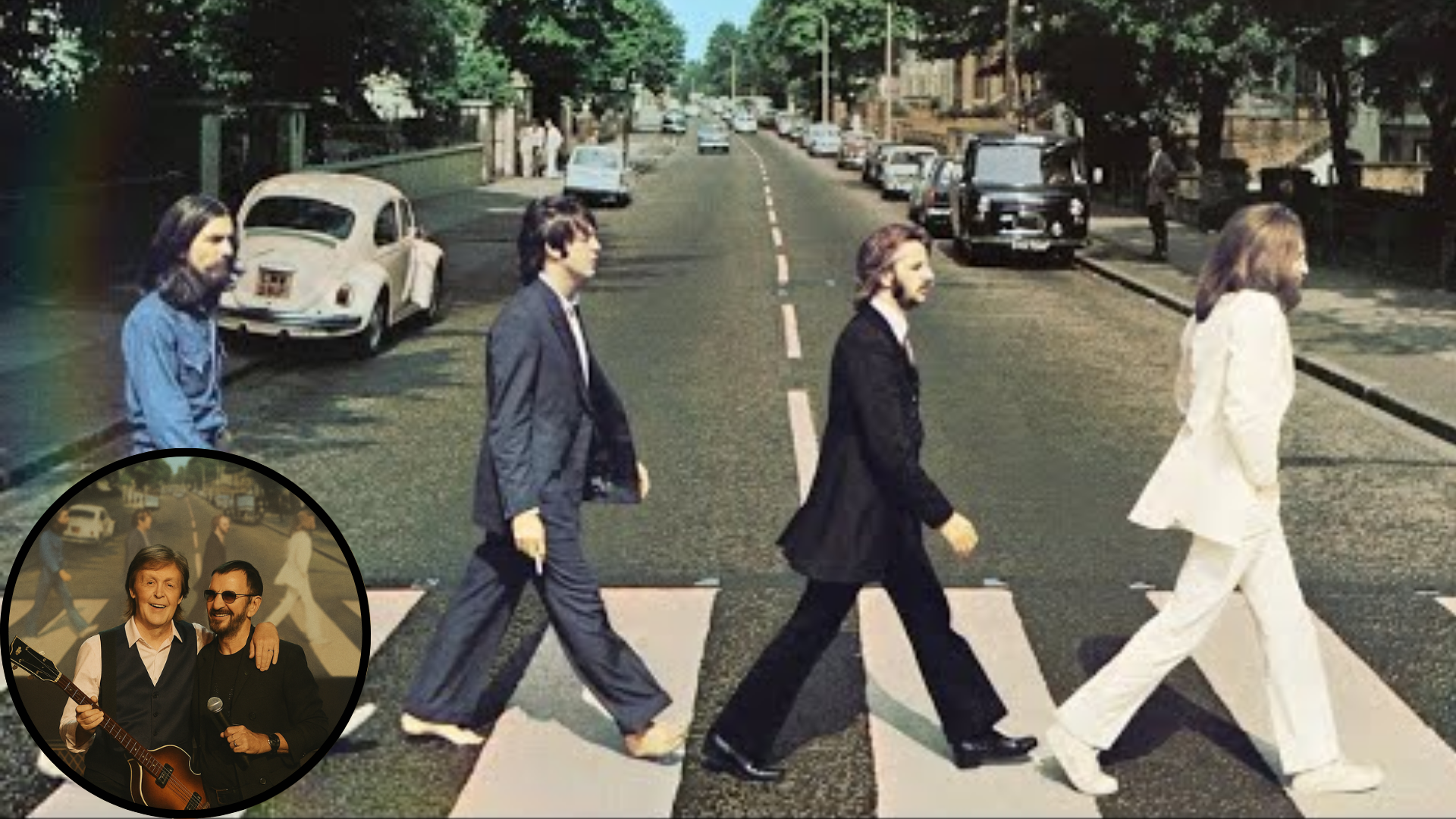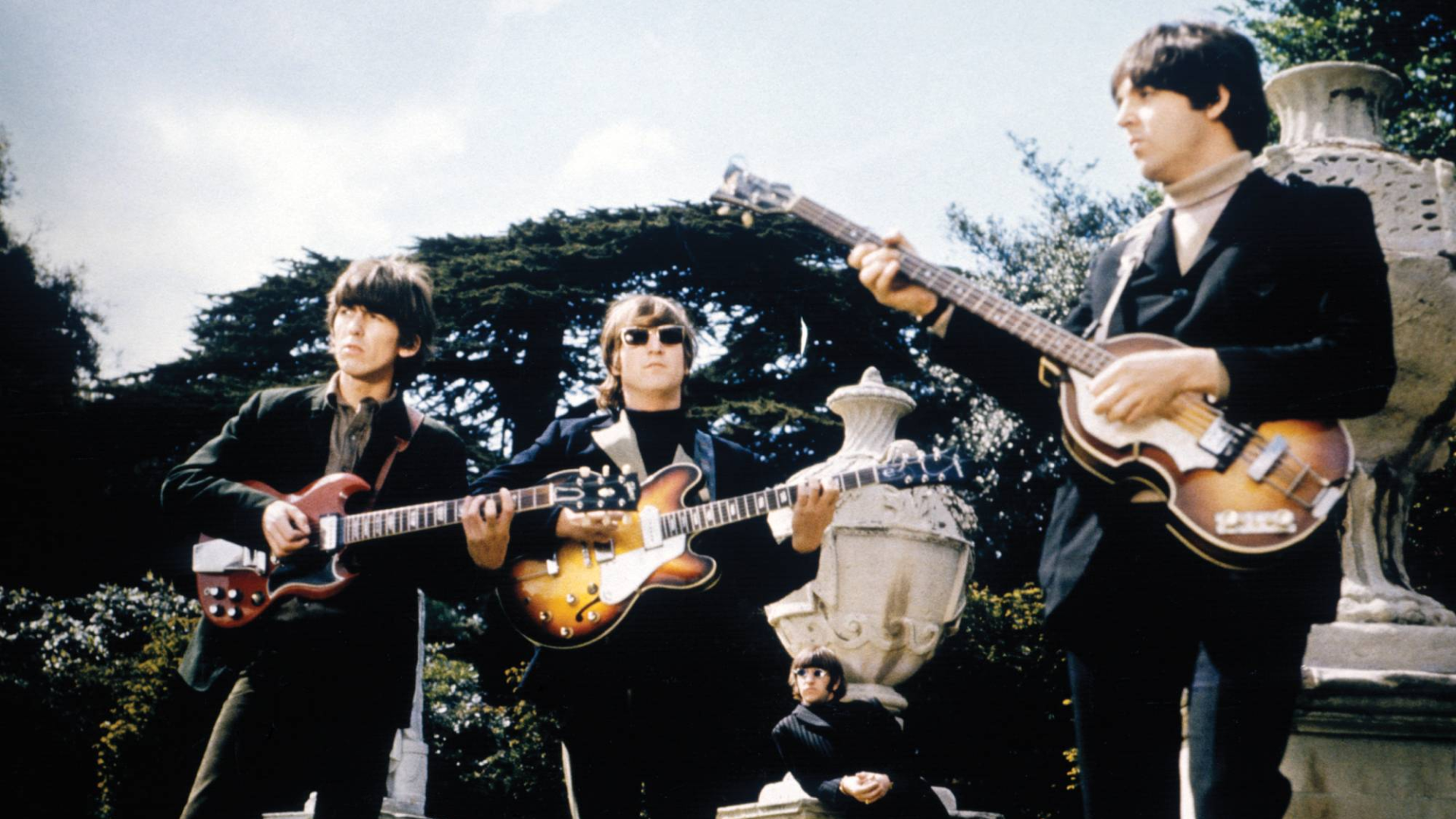
Some songs feel like they arrive from another world, and “Tomorrow Never Knows” is one of them. Closing out the Revolver album in 1966, it was unlike anything The Beatles — or anyone else — had created before. Where earlier records were built on melody and harmony, this song was built on atmosphere, rhythm, and vision. It was not just a track, but an experience.

From the first rolling drum pattern, Ringo Starr creates a hypnotic pulse, steady and trance-like, as though anchoring the listener to earth while the rest of the music dissolves into something otherworldly. Over it, tape loops whirr and echo, George Harrison’s sitar-like drones weave through, and backward guitar lines bend reality into dream. The soundscape is kaleidoscopic — chaotic and serene all at once.
At the center is John Lennon’s voice, filtered through a Leslie speaker to make it swirl and shimmer. His lyrics, drawn from The Tibetan Book of the Dead, invite us to “turn off your mind, relax, and float downstream.” It isn’t a love song or a pop single — it’s a mantra, a surrender, an invitation to step beyond ego and into the vast unknown.
What makes “Tomorrow Never Knows” extraordinary is its boldness. In three minutes, The Beatles redefined what rock music could be — not just entertainment, but exploration. They embraced studio experimentation, tape manipulation, and Eastern philosophy, and in doing so, they cracked open the door to psychedelia and the sound of the future.
Even today, the track sounds startlingly modern. Its looping rhythms anticipate electronic music, its textures echo in ambient and experimental genres, and its philosophy resonates in an age still searching for stillness and transcendence.
“Tomorrow Never Knows” is not about tomorrow or yesterday — it is about the eternal now. It asks us to let go, to listen, and to find freedom in surrender. And more than fifty years later, it still feels like a transmission from another realm, reminding us that music has the power not just to move us, but to transform us.